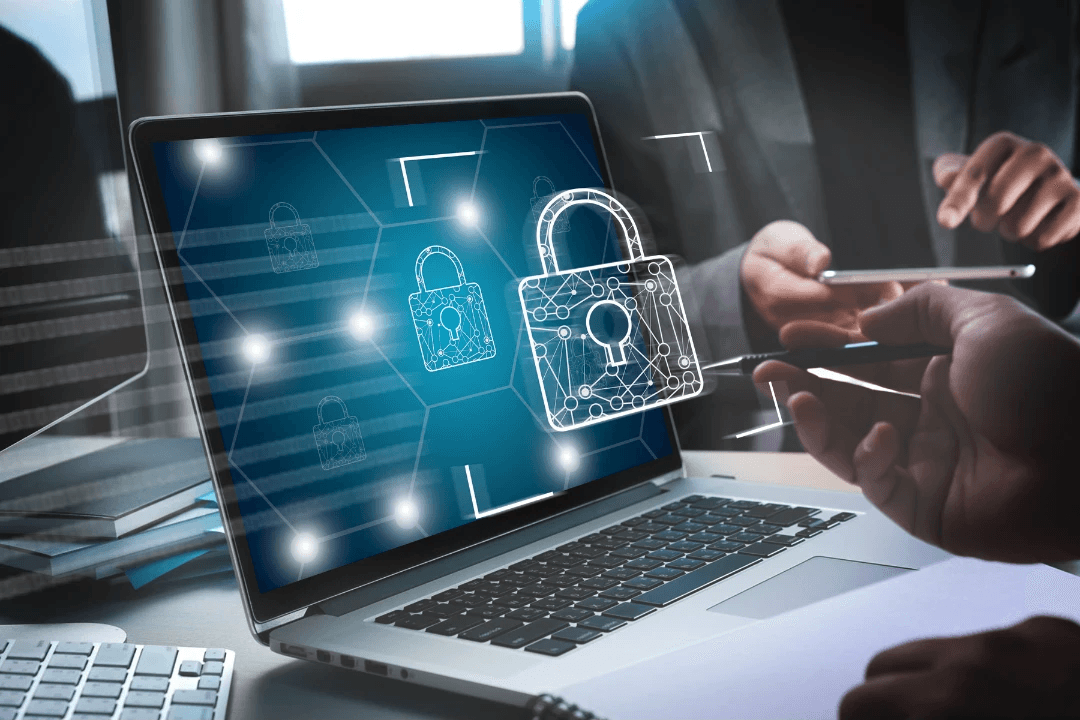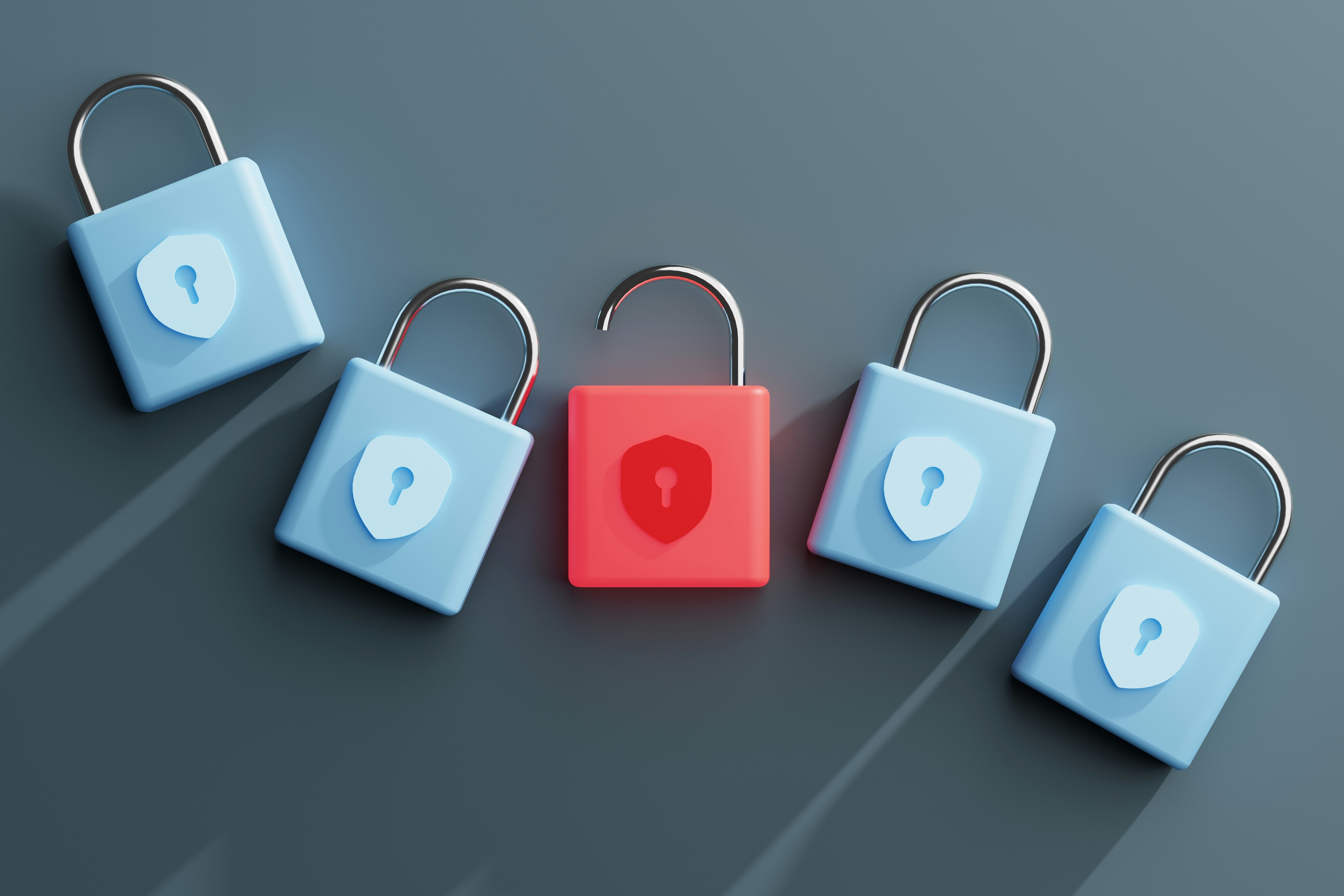TRUST
Take Action Now! What You Must Know Before You Spend Another Dollar
Oct 16, 2024
Table of Contents
Key Takeaways
In today’s digital world, while convenience is at our fingertips, privacy risks are everywhere. Personal information can leak through data breaches, unauthorized access by hackers, or public records, leaving individuals vulnerable to identity theft and financial exploitation.
To protect yourself, consider using secure payment methods, limit information sharing, secure your devices, and use privacy-focused tools.
In today’s interconnected world, the convenience of digital transactions is undeniable. From online shopping to mobile banking, these technologies have made our lives easier and more efficient. However, this convenience comes at a cost. Every transaction we conduct can be documented, forming a comprehensive overview of our spending patterns. These data can be incredibly valuable, especially to those who seek to exploit it. As we happily embrace this digital lifestyle, it’s super important to watch those privacy risks lurking around.
Privacy Risks in Everyday Life
Leak of Personal Information
A significant privacy risk is the leak of personal information. Even trusted retailers and banks can suffer data breaches, exposing sensitive financial details like credit card numbers, Social Security numbers and bank account details.
Unauthorized Access
Unauthorized Access is a concern as hackers and phishing scams evolve in the realm of consumer spending. They employ various tactics, such as phishing emails, social engineering, and malicious software, to trick users into revealing the consumers’ login credentials. A single lapse in judgment, such as clicking on a suspicious link or entering information on a fraudulent website, can grant hackers access to personal accounts.
Surveillance and Tracking
While this practice can result in personalized shopping experiences and targeted advertisements, it raises serious concerns regarding consumer privacy. Individuals may wonder how much personal information is being collected and for what purposes.
Records in Public
Certain financial transactions can lead to the creation of public records, inadvertently disclosing personal information and posing significant privacy risks. Major purchases, especially in real estate, may become publicly accessible, which exposes sensitive details to scrutiny by anyone interested. This transparency can be particularly concerning, as potential buyers and sellers might use this information for negotiations and to shape their perceptions of the market
Why Privacy Risks Are More Critical Than You Know?
Neglecting privacy risks can lead to severe financial consequences. In 2023, the average cost of a data breach reached US$4.45 million (IBM/Ponemon report), impacting both businesses and individuals. In Hong Kong, 74% of consumers reported being targeted by fraudsters in 2024, with 13% falling victim and some losing over HK$50,000. These figures highlight the significant financial losses tied to inadequate privacy protections.
Identity Theft
One of the most alarming consequences of compromised personal information is identity theft. Once your data falls into the wrong hands, the potential for fraud becomes a stark reality. Identity theft can wreak havoc, leading to unauthorized purchases and significant financial loss. The emotional toll is equally profound, as individuals grapple with the aftermath of having their identities stolen. The lingering effects of identity theft can affect credit scores, financial stability, and overall peace of mind.
Personal Safety Concerns
Compromised financial details can jeopardize personal safety, leading to risks like stalking, harassment, or theft. For example, American singer Chappell Roan experienced a security breach when her father’s phone number was leaked, resulting in a stranger accosting her at a party. This highlights the critical importance of safeguarding financial information to ensure personal safety and well-being.
Sensitive Data Loss (Especially for Businesses)
Privacy risks affect not just individuals but also businesses, leading to severe consequences from data breaches. Sensitive data (such as client personal data) loss can cause operational downtime, significant financial losses, and lasting reputational damage. Once trust is eroded, it’s difficult for businesses to regain client confidence. Additionally, breaches can result in legal issues and increased regulatory scrutiny. For both individuals and businesses, the consequences of neglecting privacy risks are profound, underscoring the urgent need to prioritize data protection in today’s digital landscape.
The Ultimate Guide to Protecting Your Financial Data
To protect your financial privacy, consider implementing the following strategies. These steps will help you minimize your digital footprint and safeguard your personal financial information.
Use Secure Payment Methods
Cash transactions provide complete anonymity, leaving no digital footprint. Prepaid cards are a practical alternative, allowing you to load funds without linking them to your bank account, which reduces exposure if the card is lost or compromised. Privacy-focused cryptocurrencies can mask your identity during transactions, further protecting your personal information. Additionally, virtual cards generate temporary numbers for online purchases, enhancing security and reducing the risk of fraud.
Limit Information Sharing
Before linking financial accounts to platforms, assess if sharing that data is essential. Many services request excessive information, so be selective about what you provide. Choose platforms that prioritize privacy and allow minimal data sharing. By limiting the information you disclose, you enhance your security against data misuse.
Secure Your Devices
Start by using strong, unique passwords for each device and account, and enable encryption to safeguard your data. Regularly updating your software is crucial, as updates often include important security patches that protect against emerging threats. Additionally, exercise caution when using public Wi-Fi for financial transactions, as these networks can be vulnerable to attacks.
Use Privacy-Focused Tools
Privacy-focused tools are vital for safeguarding your financial data. Apps and services designed for privacy offer encrypted communications, secure data storage, and anonymous browsing. By utilizing these tools, you can enhance the security of your financial transactions and maintain the confidentiality of your spending habits, empowering you to control your personal information in an increasingly risky digital landscape.
UTGL Asset Link Credit Card: Privacy Without Compromise
You’re already taking significant steps to protect your privacy, but UTGL’s Asset Link Credit Card stands out by offering additional features that prioritize your financial confidentiality without compromising convenience.
Anonymous Payments
One of the standout features of the UTGL Asset Link Card is its ability to facilitate a high level of financial privacy on card spending. This means you can make purchases without revealing your personal details, effectively allowing you to shop with a cloak of invisibility. Whether you're buying online or in-store, the card ensures that your identity remains concealed, minimizing the risk of your information being tracked or exploited by advertisers and other entities. This level of anonymity not only provides peace of mind but also empowers you to control your financial footprint in an increasingly intrusive digital landscape.
No External Data Sharing
Another critical aspect of the UTGL Asset Link Card is its commitment to maintaining the confidentiality of your transaction history. All your spending activity remains strictly within UTGL’s secure system, meaning banks and third-party companies won’t have access to your habits or preferences. This level of protection is crucial in today's world, where data breaches and unauthorized sharing of personal information are common concerns. By keeping your transaction history confidential, the UTGL Asset Link Card allows you to engage in financial activities without worrying about your data being misused or monitored.
The Future of Financial Privacy Backed by a Strong Legal Framework
Empowered by a Strong Legal Framework
The UTGL Asset Link Credit Card stands out by operating within a trust structure. Hong Kong's robust legal framework, based on English common law, makes it ideal for trusts, offering strong asset protection from creditors and legal disputes. This ensures your financial information remains private, with transactions processed through your personal trust account, maintaining confidentiality.
Confidentiality and Limited Disclosure
Issued in the name of your trust, the UTGL Asset Link Card provides an added layer of privacy. The trustee is legally obligated to keep the operations of the trust confidential, preventing any outside parties from accessing your financial activities. This means no payment history or invoices will be associated with your name, ensuring complete anonymity and protection of your personal information.
Shopping Invisibly is Possible—If You Know How
Protecting your financial privacy can be simple. The UTGL Asset Link Credit Card offers secure, anonymous transactions, keeping your data private. In a world of constant tracking, staying anonymous is key. By using trust-based transactions, you can shop without exposing your financial details. Embrace privacy and control your financial footprint—shopping invisibly is possible with the right tools.
With the UTGL Asset Link Credit Card, navigate your finances confidently, knowing your privacy is protected. Contact us for a consultation to learn how our services can enhance your financial privacy.
Shop smartly and securely, prioritizing your financial privacy!
Reference: Murphy, C. (2023). Understanding cybercrime EPRS | European Parliamentary Research Service.
RELATED ARTICLES




